Tetrahydrocannabinolic acid (THCA) is one of the many cannabinoids present in the cannabis plant. Unlike its well-known counterpart, THC (tetrahydrocannabinol), THCA is non-psychoactive. This means it does not produce the “high” commonly associated with cannabis use. THCA is found in raw and live cannabis and transforms into THC when exposed to heat, a process known as decarboxylation.
Chemical Structure and Properties of THCA
THCA is structurally similar to THC, but it has an additional carboxyl group that alters its chemical properties and effects. This carboxyl group is what prevents it from binding effectively to the CB1 receptors in the brain, which are responsible for the psychoactive effects of THC. THCA is typically found in higher concentrations in fresh cannabis plants, particularly in the trichomes – the tiny, crystal-like structures that cover the buds and leaves.
THCA vs. THC
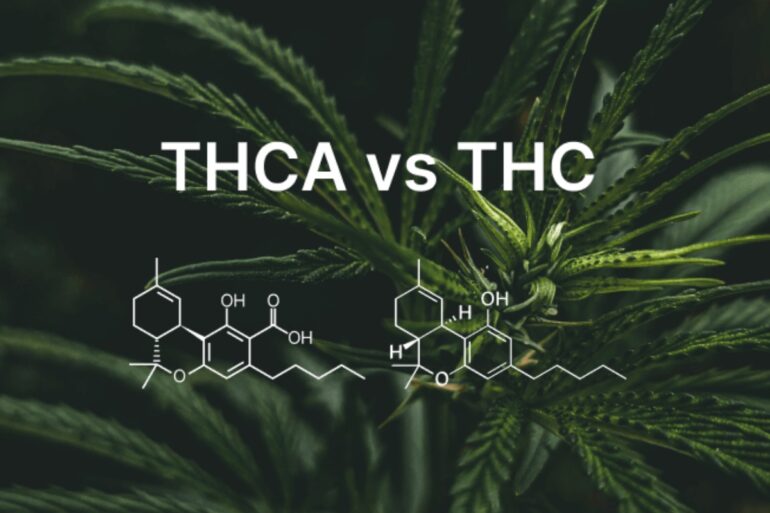
While both THCA and THC originate from the same cannabinoid precursor, their effects on the human body are significantly different. THC is known for its psychoactive effects, appetite stimulation, and potential to relieve symptoms like pain and nausea. THCA, on the other hand, does not produce psychoactive effects. Its potential health benefits are being studied, with early research suggesting anti-inflammatory and neuroprotective properties.
However, thca flower, in contrast to THC, does not produce psychoactive effects when consumed. While ongoing research is shedding light on its potential health benefits, early studies suggest that THCA may possess anti-inflammatory and neuroprotective properties, making it an intriguing component of the cannabis plant for medicinal and therapeutic purposes.
Potential Health Benefits
Emerging research has shown promising results in various health areas. Studies suggest that it may have anti-inflammatory, neuroprotective, anti-emetic (anti-nausea), and anti-proliferative effects. This makes it a potential candidate for therapeutic use in conditions like arthritis, neurodegenerative diseases, nausea and vomiting, and even certain cancers. However, more research is needed to fully understand its efficacy and safety.
Extraction and Consumption
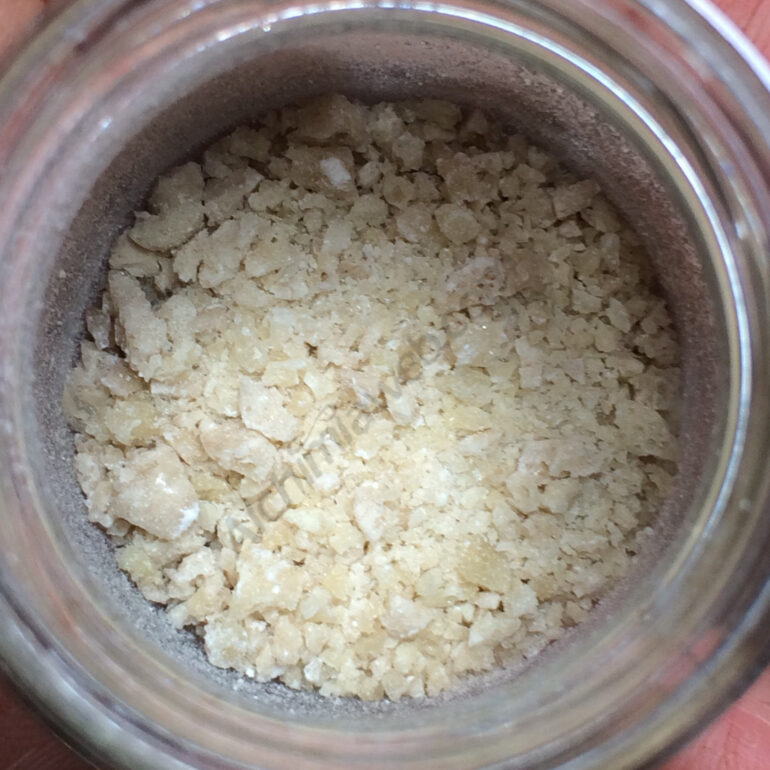
THCA is most abundant in raw and fresh cannabis. Methods of consumption include juicing raw cannabis leaves and buds, using tinctures, or consuming raw cannabis edibles. It’s important to note that cooking or smoking cannabis will convert THCA into THC, thus changing its properties and effects. The extraction for therapeutic use is a complex process that requires careful control of temperature and other factors to prevent its conversion to THC.
Legal Status and Considerations
The legal status is complex and varies by region. In many places, cannabis and its derivatives are regulated, which can include THCA due to its potential to convert into THC. Users should be aware of their local laws regarding cannabis and its compounds. Additionally, the lack of standardization in the cannabis industry can lead to variability in THCA concentrations in different products.
Future Research and Implications
There is a growing interest in the therapeutic potential of THCA. Future research is essential to understand its full spectrum of benefits, appropriate dosing, and potential risks. As the legal landscape around cannabis continues to evolve, more comprehensive studies could pave the way for THCA-based treatments and a better understanding of this intriguing compound.
Challenges in Research
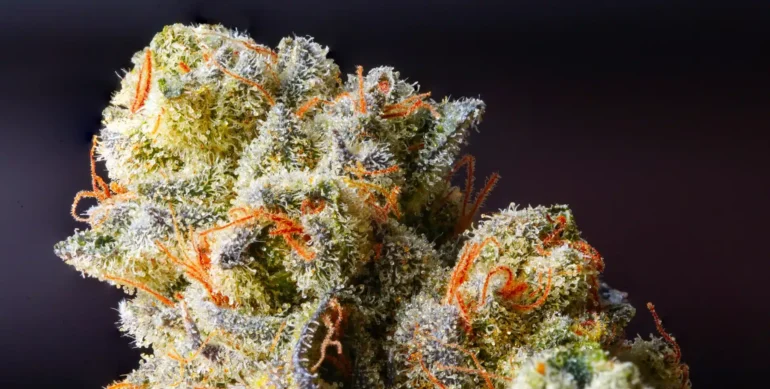
The study of THCA, like many aspects of cannabis research, faces several challenges. One of the primary issues is the legal status of cannabis in many countries, which can restrict access to high-quality plant material for research purposes.
Moreover, the variability in cannabis strains and growing conditions can lead to inconsistent concentrations of THCA, making standardization for clinical research difficult. This lack of standardization not only affects research but also impacts consumers who may not receive consistent products.
THCA in Consumer Products
The growing popularity of cannabis for both recreational and medical use has led to an increase in consumer products containing THCA. These products range from raw cannabis juices and smoothies to topicals and tinctures. The marketing of these products often highlights the potential health benefits of THCA, though it’s important for consumers to approach these claims critically and seek products tested for purity and potency.
Safety and Side Effects of THCA
Understanding the safety profile of THCA is crucial, especially for its use in a therapeutic context. Current research suggests that THCA is generally well-tolerated and does not produce the psychoactive effects associated with THC. However, as with any compound, there may be potential side effects, particularly when used in high doses or in combination with other medications. Clinical studies are needed to establish a comprehensive safety profile for THCA.
Holistic and Alternative Medicine
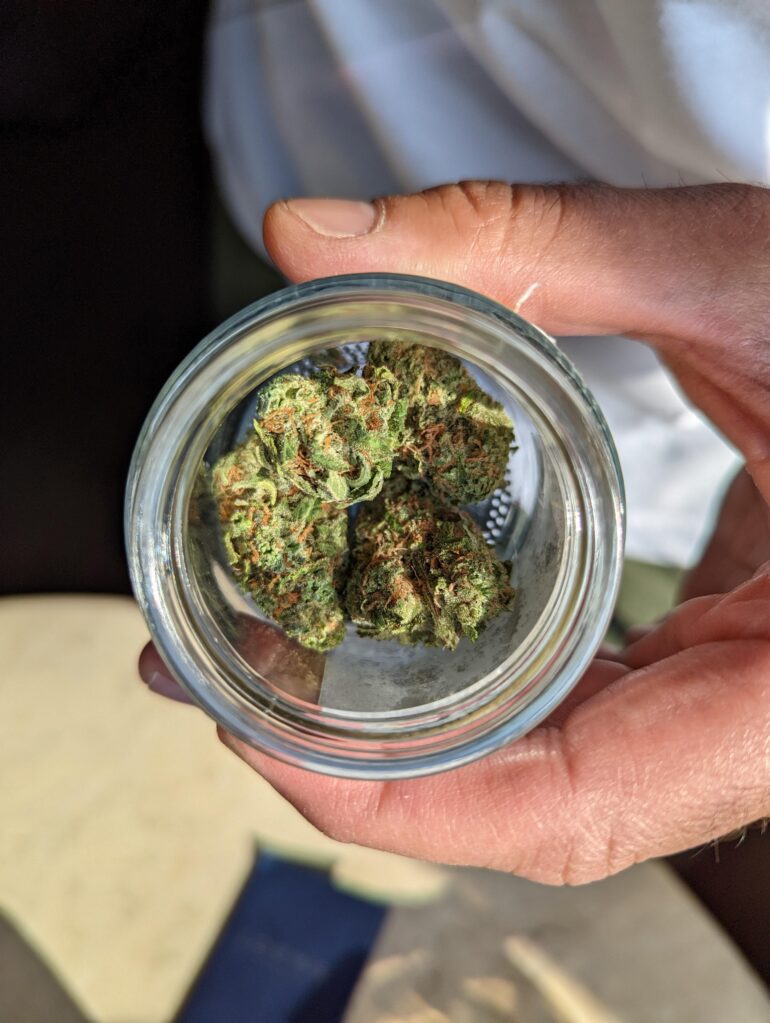
THCA is gaining attention in the realm of holistic and alternative medicine. Practitioners who focus on natural and plant-based treatments are exploring the use of raw cannabis, including THCA, for its potential therapeutic properties. This interest aligns with a broader trend towards natural remedies and a more holistic approach to health and wellness.
Educational and Advocacy Efforts for THCA Awareness
Educating the public and healthcare professionals about THCA is crucial for its acceptance and safe use. Advocacy groups and researchers are working to disseminate information about the benefits and limitations of THCA, aiming to reduce stigma and misinformation surrounding cannabis compounds. This education is vital for informed decision-making by consumers and policymakers alike.
Integrating THCA into Medical Practice
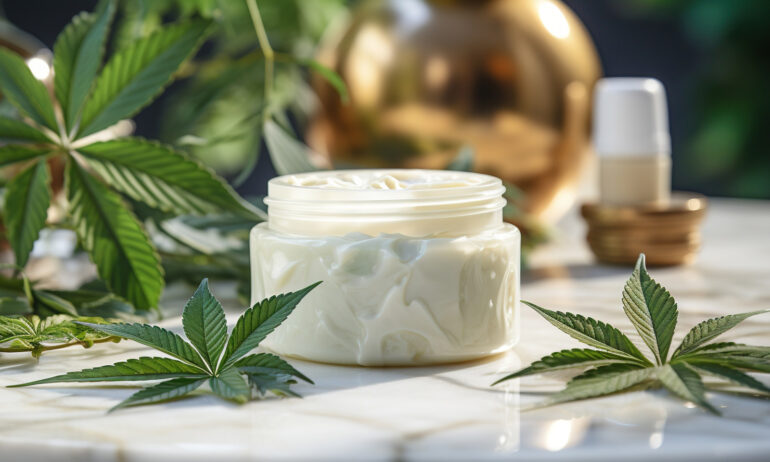
The integration of THCA into medical practice necessitates a multidisciplinary approach involving researchers, healthcare professionals, and policymakers. As understanding of THCA’s properties and potential therapeutic benefits expands, it could become a valuable addition to the pharmacopeia for treating a variety of conditions.
However, this integration requires rigorous clinical trials to establish efficacy and safety, clear dosing guidelines, and an understanding of potential drug interactions. Medical professionals must be educated about the nuances of cannabis-based compounds like THCA to make informed recommendations to their patients.
End Note
THCA represents an exciting and relatively unexplored area in cannabis science. As research continues to unveil its properties and potential applications, it may become a significant player in the field of natural therapeutics. Its non-psychoactive nature makes it a particularly appealing candidate for medical applications. The future of THCA research and application will be shaped by scientific discoveries, legal changes, and growing public interest in the therapeutic potential of cannabis compounds.
